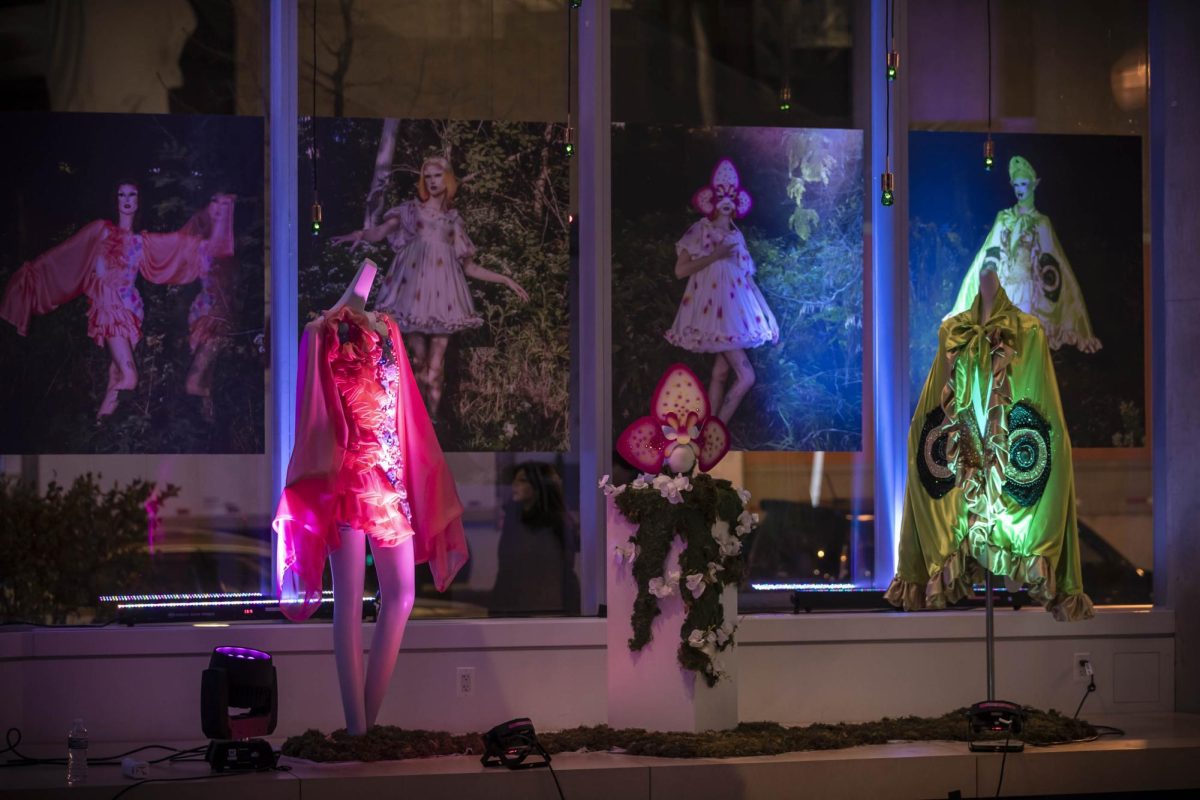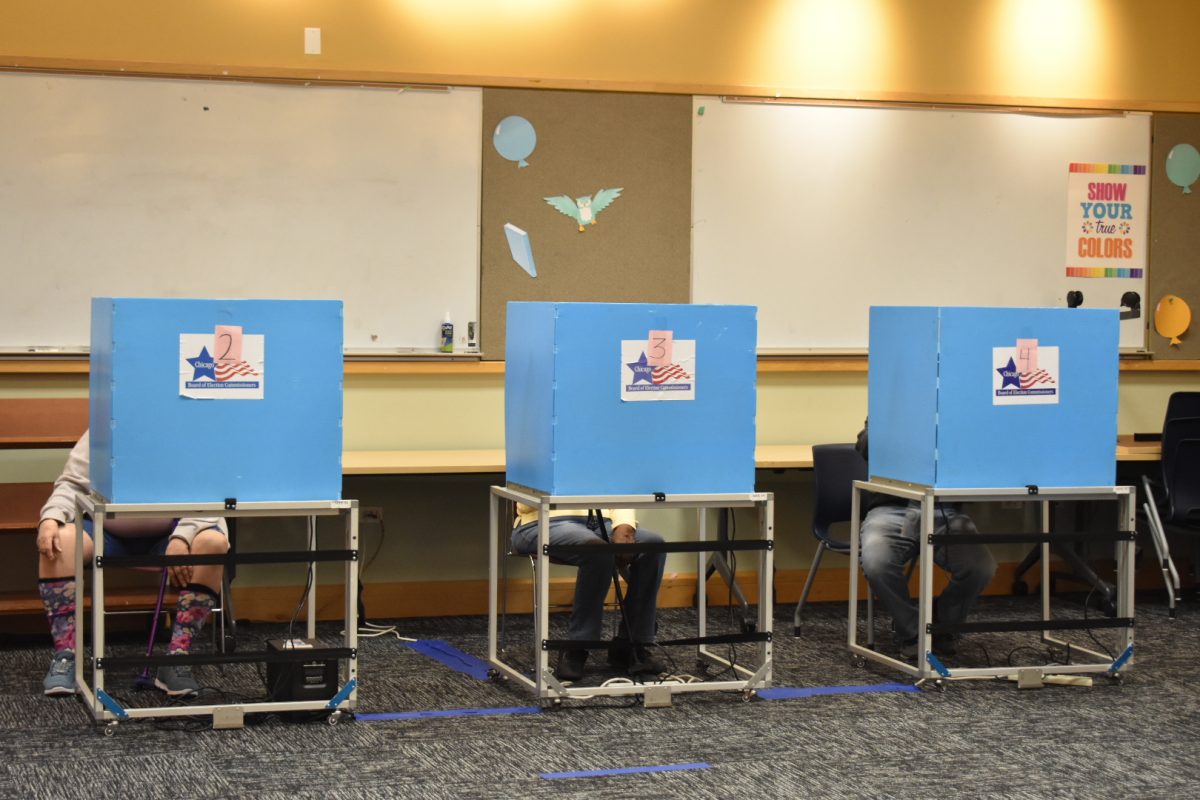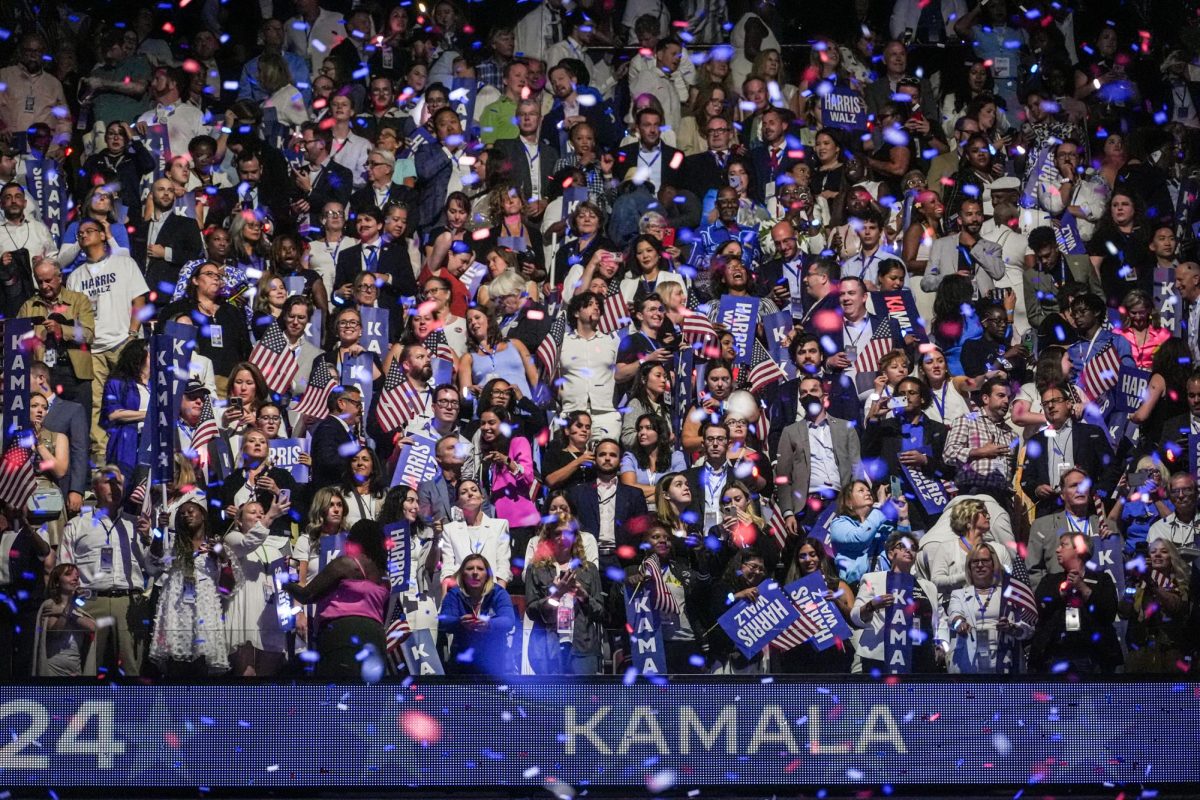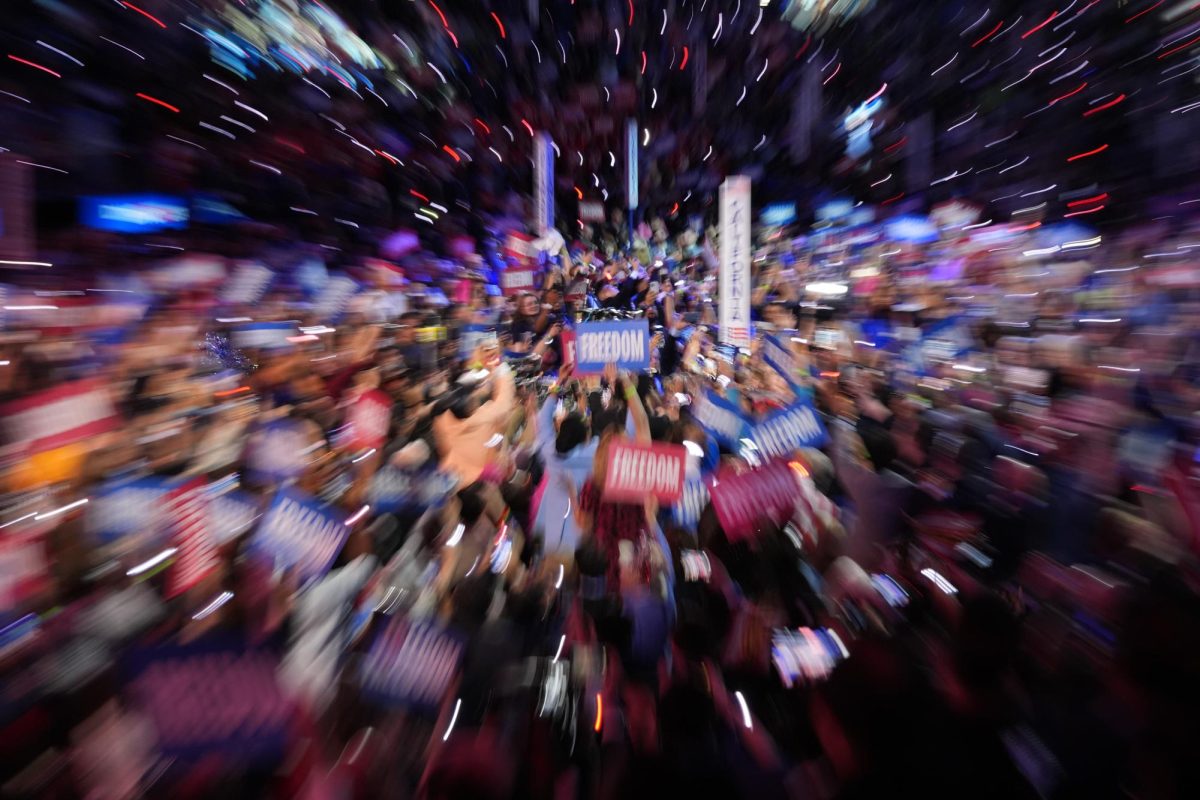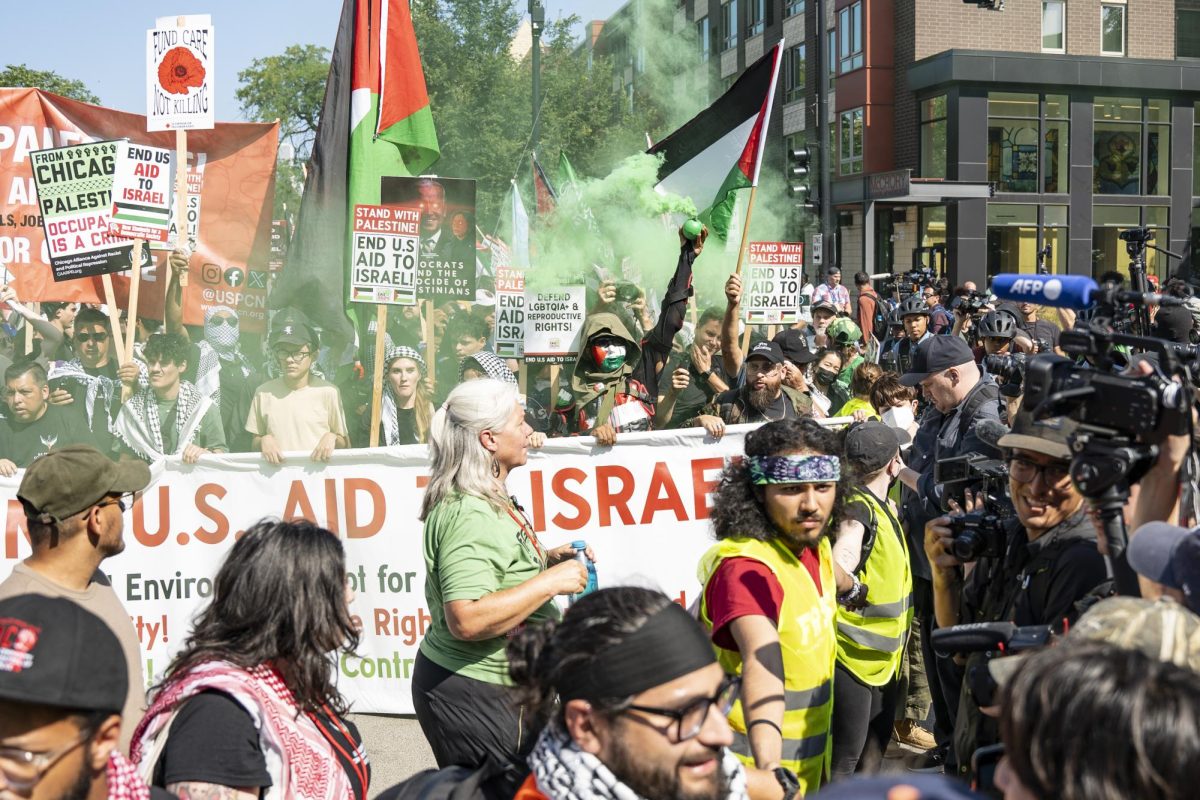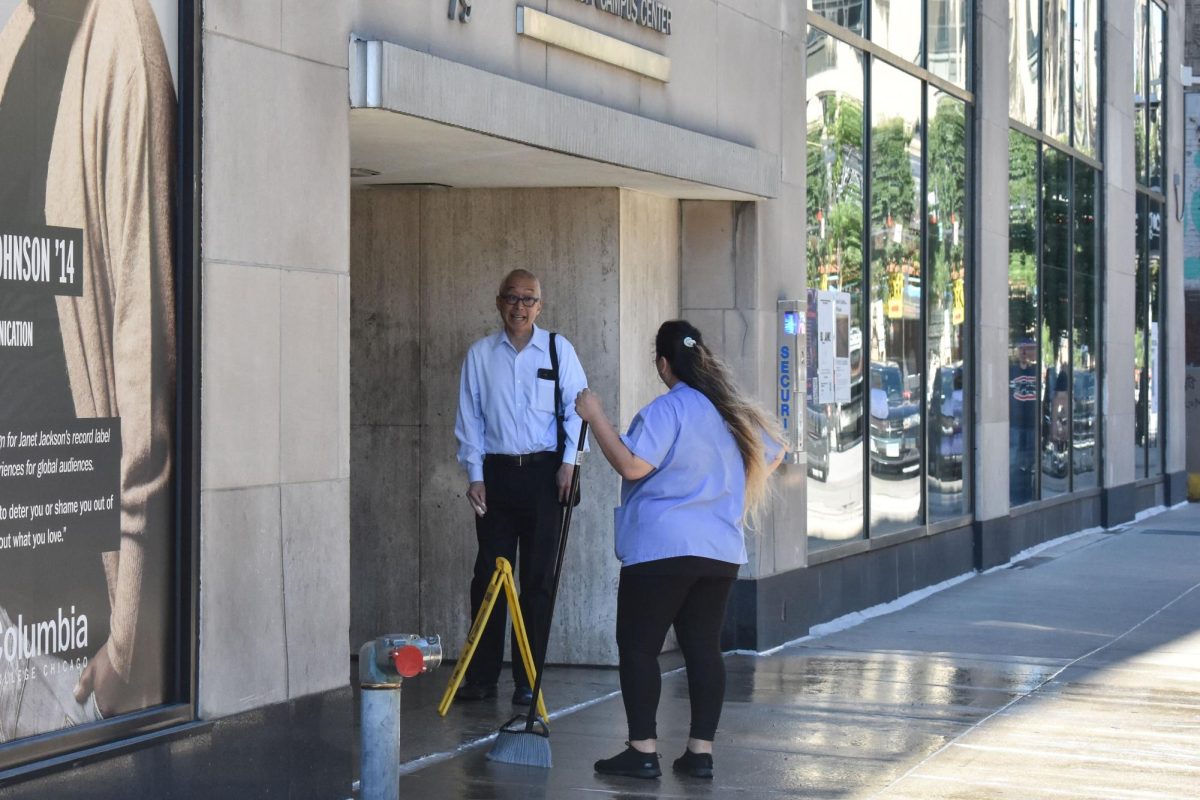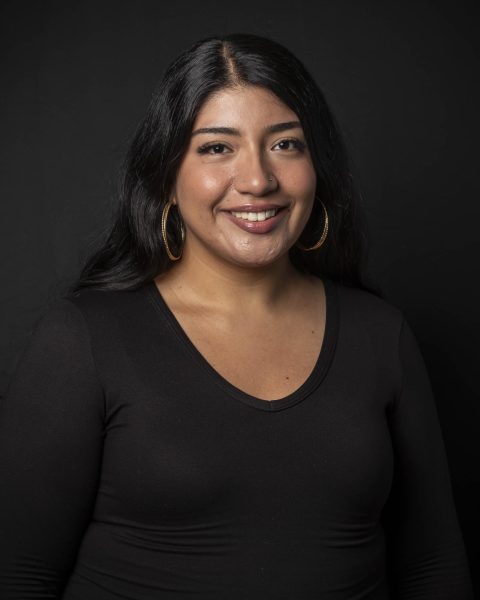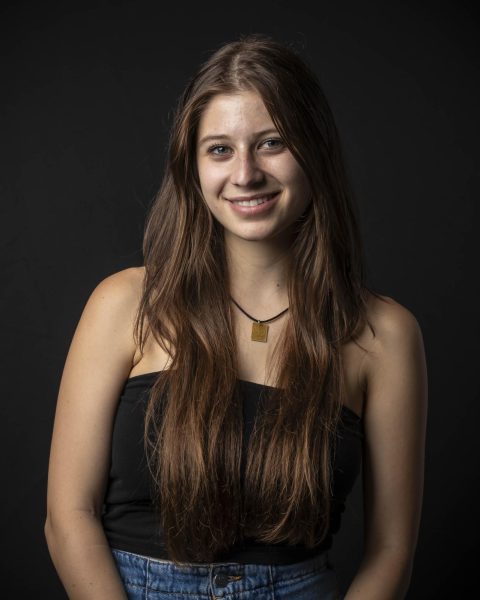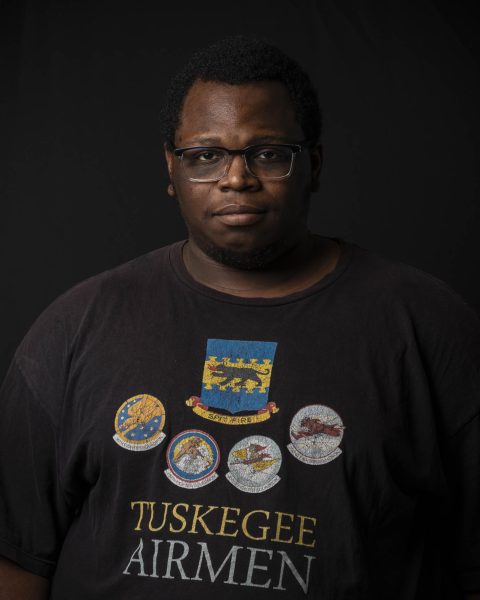In the midst of a contentious strike by the part-time faculty union, the college invited business and community leaders to a black-tie benefit on Thursday, Nov. 30 to raise scholarship money for students.
The event, in its second year, was designed to raise the profile of Columbia within the business community, said John Holmes, who became chairman of the college’s Board of Trustees this summer and was co-chair of the gala.
“I felt very strongly for a long time that Columbia needed an anchor event to raise its profile in Chicago, but particularly with the business community in Chicago,” Holmes said, who has been on the Board of Trustees for 11 years and heads AAR Corp. “The range of studies here is like no other institution in the city and the students are just so unbelievably talented and impressive. Yet, a lot of companies that recruit here don’t know a lot about Columbia, so that was the original inspiration for the idea.”
The union, representing 584 part-time instructors at the start of the strike, had threatened to picket outside the gala held at the Student Center. However, it faced backlash because the gala raises money for the college’s most vulnerable students. It removed its post on Instagram calling for a protest outside the event. They later posted a statement announcing that the rally and press conference were rescheduled.
A small group of student protesters – and no striking faculty – were outside of the Student Center but left before it was over.
The event last year raised over $750,000, an amount that Miriam Smith, vice president of Development and Alumni Relations, said she hoped they would surpass.
Lambrini Lukidis, associate vice president of Strategic Communications and External Relations, said the amount raised at the gala will be announced “likely Monday.”
Columbia relies on student tuition for revenue and is facing a $20 million deficit due, in part, to declining enrollment and the increased financial need of the students it had admitted.
With college enrollment going down on a national scale, Smith said it is important for Columbia to have a broad spectrum of fundraising and that various sources of spending are “crucial.”
Most Columbia students pay half the full $31,026 tuition price to attend the college, with 96% of first-year students this fall receiving a discounted rate due to scholarships, according to previous reporting by the Chronicle.
For Fall 2022, 88% of all students received scholarships from the college with an average of a scholarship package of $7,317. Tuition in 2022 was $14,635 meaning on average, scholarship recipients were paying around half of the advertised tuition. Fall 2022 was the most recent data the college had available for The Chronicle at the time of publication.
The Columbia Faculty Union has been on strike since Monday, Oct. 30, making it now one of the longest adjunct walkouts in U.S. history.
Students returned to class this week with replacement teachers, primarily the college’s full-time faculty.
One of the talking points for the union has been an unconfirmed rumor that the college planned to go from a non-profit to a for-profit organization.
Holmes, who has met twice with Union President Diana Vallera, told a Chronicle reporter “no, absolutely not” when asked if there are talks about Columbia pivoting to a for-profit institution.
“That is not a plan, it will not be a plan, at least as long as the chair,” Holmes said. “But what we need to do is to go from a deficit and losing money to [a] positive, which is not for profit. That’s what we want. It’s not about profit itself, it’s making sure we have the funds available to continue to invest in students.”
Holmes said the board is prioritizing the closure of the college’s $20 million deficit, recruiting new board members and continuing to navigate the college’s “post-COVID realities.”
Closing the deficit “to me is a priority,” Holmes said. “We want to be able to turn that around without anyway sacrificing the incredible array of offerings that we have for students and that’s a delicate balance.”
The overall theme of the gala for this year was “Connecting,” highlighting the connection to the natural environment and community, along with technology, the arts and culture. Spearheaded by over 175 students from various departments, clubs and organizations, it featured an “interactive reception” at 6 p.m. and dinner at 7:30 p.m.
Smith said one of the biggest changes from this year’s program from last year was making it more student focused.
Activations and installations, produced by students, were showcased on different floors like dance and music performances, documentary screenings, and fashion exhibitions.
President and CEO Kwang-Wu Kim, also targeted during the strike because of his salary and benefits, said this year’s Unleash “leaned into student stories.”
“We decided that in the program part, we really [needed to] lean in and support our students,” Kim said. “We wanted to introduce students’ stories, so that’s I think the single biggest change is that much more student value.”
The “semester-long planning” was a student-led effort from the Business and Entrepreneurship Event Management Practicum course, co-facilitated by Robert Blandford, coordinator of the Arts Management program.
Blandford, who is also an associate professor, said the gala was a chance to connect with philanthropic and corporate communities and to showcase student work which could increase the amount of support for student scholarships and job opportunities.
“We need to raise as much money as we possibly can that goes directly to students for scholarships,” he said. “We launched last year and it was a huge success.”
Blandford hopes the benefit will continue for years to come and said there is an “intention” to host it every Thursday after Thanksgiving break.
The Student Government Association was asked to give tours of the different exhibits and galleries to attendees. President of the Association Tyler Harding said the event made him “proud to be a student at Columbia.”
“College is expensive, we all know that and tonight’s gala is for students, with students, by students,” Harding said, who is a junior film and television major. “Hopefully we can raise a lot of funds…”
Amid the part-time faculty strike, Kim said being at the event was a “huge pick-up.”
“This is a reminder of why this is all worth it for students and their work and their success,” he said. “So this is a room, it is a huge pick-up.”


